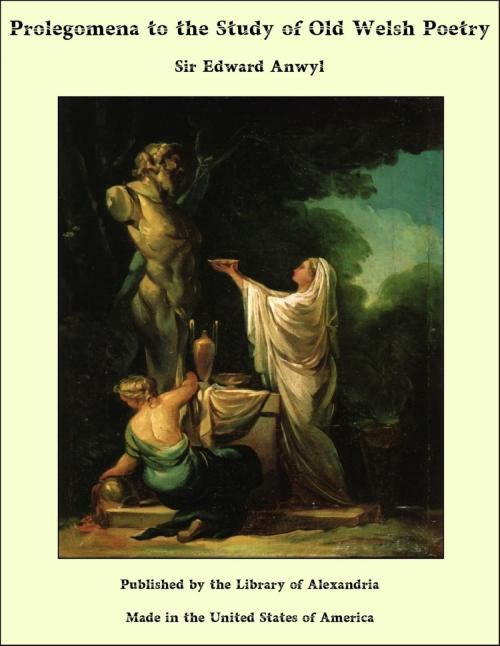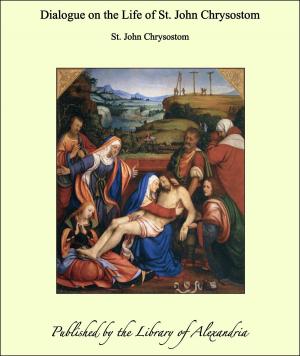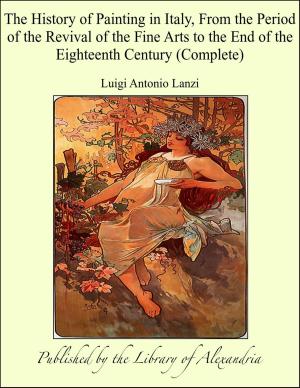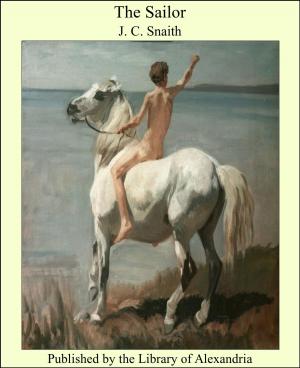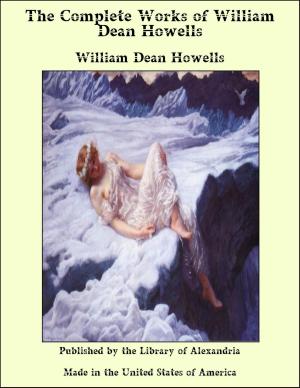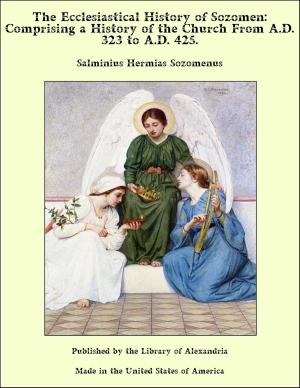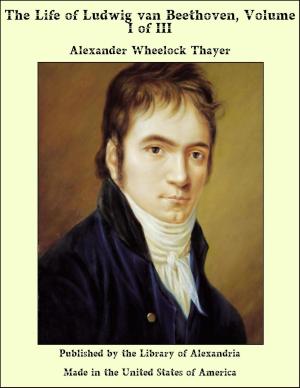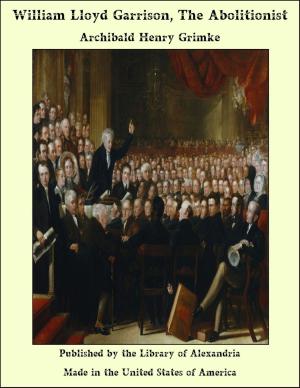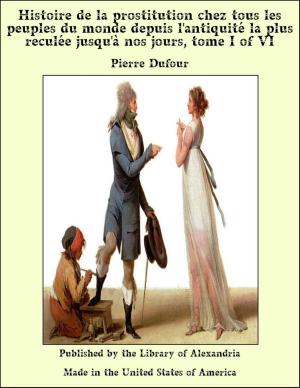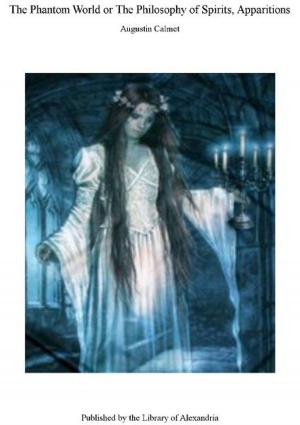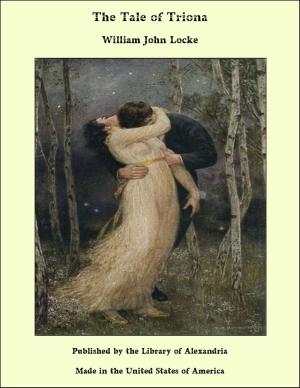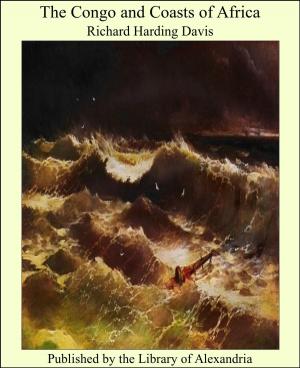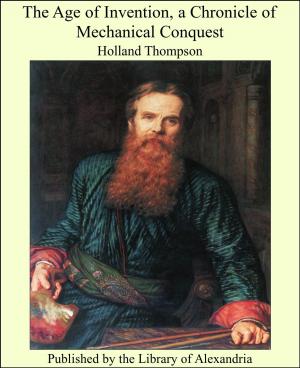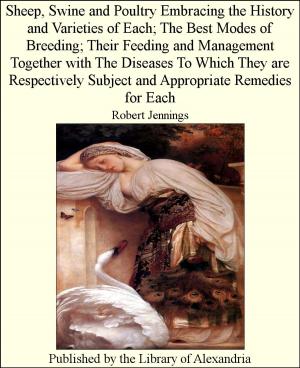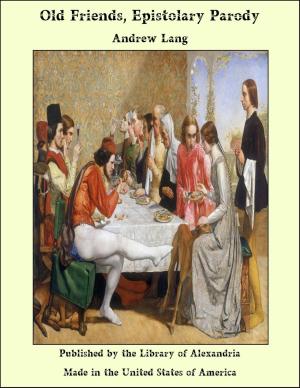Prolegomena to the Study of Old Welsh Poetry
Nonfiction, Religion & Spirituality, New Age, History, Fiction & Literature| Author: | Edward Anwyl | ISBN: | 9781613102756 |
| Publisher: | Library of Alexandria | Publication: | March 8, 2015 |
| Imprint: | Language: | English |
| Author: | Edward Anwyl |
| ISBN: | 9781613102756 |
| Publisher: | Library of Alexandria |
| Publication: | March 8, 2015 |
| Imprint: | |
| Language: | English |
It will probably be readily admitted by those acquainted with Celtic studies that the most difficult subject in the sphere of Welsh literature is the critical interpretation and translation of the oldest Welsh poetry, and this is a problem of interest not only to Welshmen, but to a wider circle, as part of the larger question of the origins of the vernacular literature of Western Europe. The difficulty referred to is due in no small degree to the obsolete character of the vocabulary, but it is also due to the difficulty of correcting the text on the one hand, and that of classifying and interpreting the allusions to persons and places on the Other. Much work has been done by students of Celtic in these various directions, but, in the absence of some short introductory treatment, the novice often fails to appreciate the problems for solution, and the significance of the various scattered pieces of research that are intended as answers to them. Further, the progress of these studies has been hampered in the past by an inadequate study of the historical grammar of the Welsh language, and of the peculiarities of the earlier syntactical constructions as distinguished from those of later times. The great work of Zeuss, though of abiding value, needs supplementing, especially on the poetical side of old Welsh grammar. The present writer has given a preliminary statistical account of several of the older verbal forms in an Appendix to Welshmen, by the Rev. T. Stephens, but it would be well if all the grammatical forms could be similarly tabulated. another important line of research which is indispensable to the elucidation of the older poetry, is a close study of the older prose remains of Welsh in order to determine, if possible, their structure, literary affinities, and topographical relations. The present writer has also contributed a preliminary discussion of some of these points, especially in relation to the 'Four Branches of the Mabinogi', to the Zeitschrift für Celtische Philologie.
It will probably be readily admitted by those acquainted with Celtic studies that the most difficult subject in the sphere of Welsh literature is the critical interpretation and translation of the oldest Welsh poetry, and this is a problem of interest not only to Welshmen, but to a wider circle, as part of the larger question of the origins of the vernacular literature of Western Europe. The difficulty referred to is due in no small degree to the obsolete character of the vocabulary, but it is also due to the difficulty of correcting the text on the one hand, and that of classifying and interpreting the allusions to persons and places on the Other. Much work has been done by students of Celtic in these various directions, but, in the absence of some short introductory treatment, the novice often fails to appreciate the problems for solution, and the significance of the various scattered pieces of research that are intended as answers to them. Further, the progress of these studies has been hampered in the past by an inadequate study of the historical grammar of the Welsh language, and of the peculiarities of the earlier syntactical constructions as distinguished from those of later times. The great work of Zeuss, though of abiding value, needs supplementing, especially on the poetical side of old Welsh grammar. The present writer has given a preliminary statistical account of several of the older verbal forms in an Appendix to Welshmen, by the Rev. T. Stephens, but it would be well if all the grammatical forms could be similarly tabulated. another important line of research which is indispensable to the elucidation of the older poetry, is a close study of the older prose remains of Welsh in order to determine, if possible, their structure, literary affinities, and topographical relations. The present writer has also contributed a preliminary discussion of some of these points, especially in relation to the 'Four Branches of the Mabinogi', to the Zeitschrift für Celtische Philologie.
